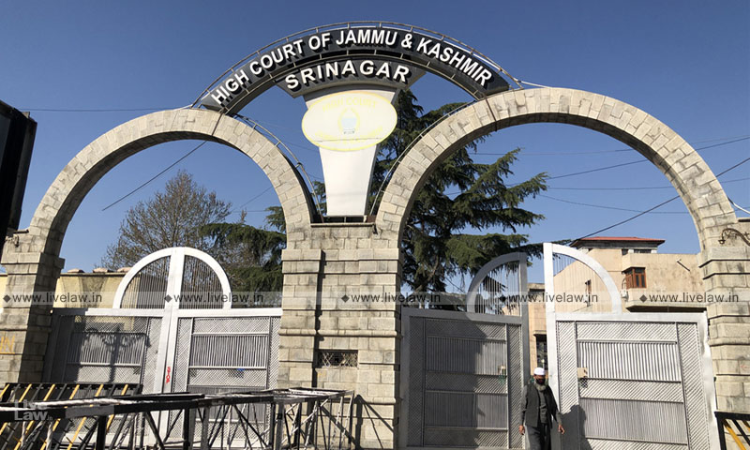Preventive Detention Cannot Be Made By Stating Vague Grounds: Jammu And Kashmir High Court
LIVELAW NEWS NETWORK
20 May 2022 10:10 AM IST

Next Story
20 May 2022 10:10 AM IST
The Jammu and Kashmir High Court recently quashed an order for detention while observing that detention in preventive custody on the basis of such vague and ambiguous grounds of detention cannot be justified. Justice Vinod Chatterji Koul observed: "Perusal thereof reveals that same are vague and ambiguous, and do not refer to any date, month or year of the activities, which have...
